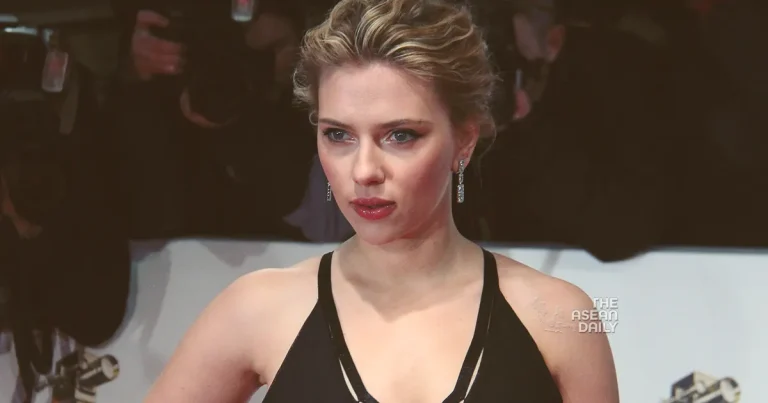21-5-2024 (LOS ANGELES) Hollywood actress Scarlett Johansson has lambasted OpenAI, the artificial intelligence company, for using a voice that bears an uncanny resemblance to her own in its latest ChatGPT product without her consent. The incident has reignited concerns over AI’s encroachment on intellectual property rights and the potential displacement of human talent.
In a scathing statement, Johansson revealed that OpenAI had approached her nine months ago to lend her voice to their AI system, but she declined for “personal reasons.” Imagine her shock and anger, then, when she encountered the AI’s voice option, dubbed “Sky,” which sounded so eerily similar to her own that even her closest friends and media outlets were unable to discern the difference.
The controversy erupted after OpenAI unveiled the capabilities of its new ChatGPT-4o AI model at a highly publicized event last week, showcasing Sky’s personable and responsive affectations. Comparisons were swiftly drawn to Johansson’s portrayal of an AI companion in the 2013 film “Her,” directed by Spike Jonze.
Even OpenAI’s CEO, Sam Altman, seemed to tacitly acknowledge the vocal mimicry, posting a one-word tweet after the presentation that simply read “her.” However, facing a widespread backlash, OpenAI was compelled to remove the heavily promoted Sky voice option from ChatGPT on Monday.
In a damage control effort, OpenAI published a blog post claiming that Sky’s voice belonged to a different professional actress and was not an imitation of Johansson. The company asserted its commitment to protecting the privacy of its voice talents and its respect for the voice acting industry.
Johansson, however, painted a different picture. According to her statement, Altman had initially approached her with the project, suggesting that her voice could bridge the gap between tech companies and creatives, helping consumers feel more comfortable with the seismic shift involving humans and AI. “He said he felt that my voice would be comforting to people,” Johansson recalled.
Two days before the voice’s release, Altman allegedly reached out to Johansson’s agent once more, urging her to reconsider. When she declined, her lawyers contacted OpenAI, demanding the voice’s removal.
Beyond the legal implications, the incident has also reignited ethical concerns surrounding AI’s potential to displace human talent. Commentators questioned the wisdom of imbuing the AI with a fawning, gendered persona, with The Daily Show host Desi Lydic quipping, “You can really tell that a man built this tech.”
OpenAI defended its selection criteria, claiming it sought a “timeless” and “approachable voice that inspires trust.” The company stated that it reviewed hundreds of voice acting submissions and compensated the chosen actors for their work.
However, the controversy unfolded amidst reports of internal turmoil at OpenAI, with key researchers resigning over concerns that the company was prioritizing “shiny products” over safety and ethical considerations.




